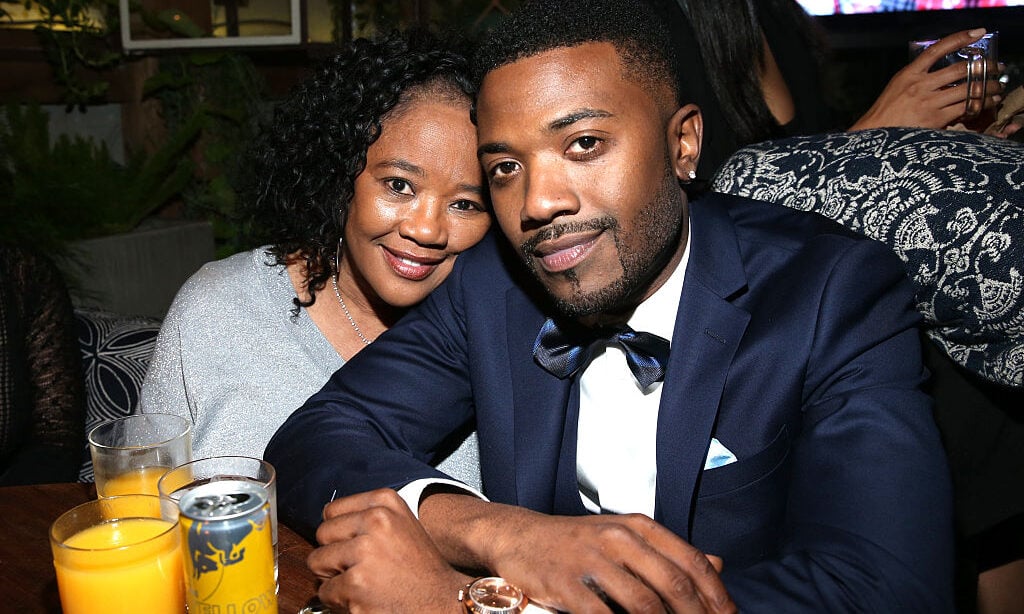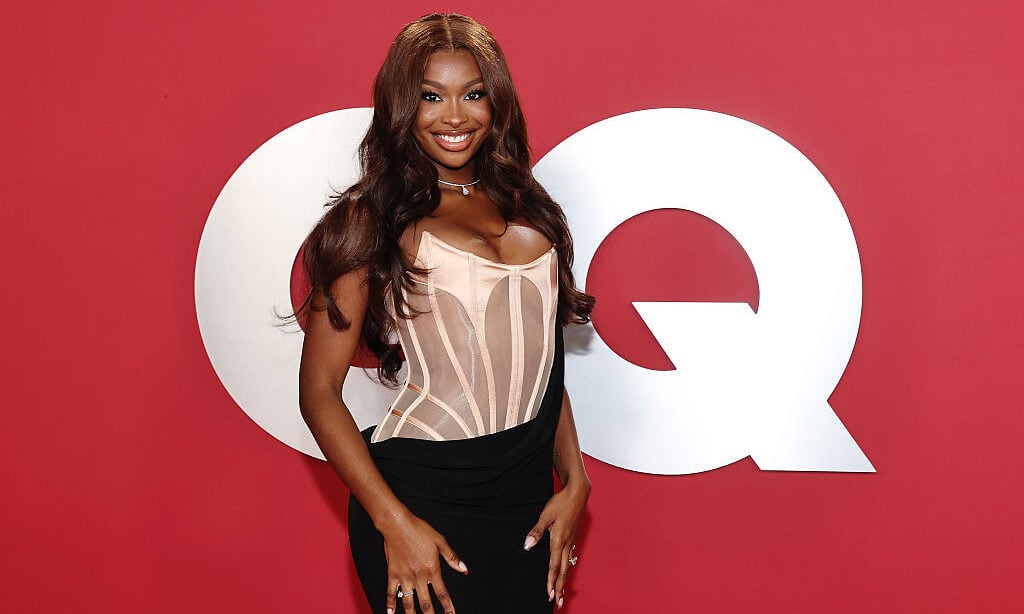Like many Americans, you may have gotten some jolting news about a friend while scrolling through your social media feed this election season. Whether it’s a neighbor you share casual conversations with or a lifelong childhood friend, discovering that someone’s values don’t align with yours can quickly wreak havoc.
The last few elections have no doubt been polarizing, but this one in particular has highlighted extremes. The candidates couldn’t have had more contrasting backgrounds, beliefs and visions for the future of the country. This divisiveness and volatility has put a strain on many people’s relationships as a result.
If you are considering unfriending people in your circle as a result of the election, it may be time to seek advice from a professional friendship coach.
Unfollowing friends is trending
The 2024 Election Cycle’s Impact on Mental Health & Relationships report from LifeStance Health found that “political disagreements are meaningfully impacting relationships, causing conflict among friends and family and even ending friendships, all of which can significantly impact one’s mental health.” Survey results showed that 44% of respondents said political discussions led to conflicts in their personal lives, 22% said they considered ending a friendship due to opposing political views and 18% said they’ve already ended a friendship. In fact, 34% even said they unfollowed or blocked a friend or family member on social media due to their political views.
Danielle Bayard Jackson—certified friendship coach, women’s relationships expert, host of the Friend Forward podcast and author of Fighting for Our Friendships—saw this happening in real-time. “I saw… people sharing on social media about how they were prepared to end relationships if they discovered that close friends supported certain candidates,” she says.

She received a slew of messages from her community of over 47,000 Instagram followers asking for her perspective on how to handle this contentious issue, so she looked for reasons that people feel the way they do post-election and how they can address the strain in their friendships.
“I know… some of the discourse has made it seem very reductive or silly or immature to unfriend someone based on their vote,” she explains, “but I’m trying to help people understand that… it’s more than a vote.”
3 reasons you may be feeling this way, according to psychology
Bayard Jackson identified three key psychological concepts that might explain why a friendship feels broken after learning how someone voted:
1. There are strong feelings of disillusionment
Disillusionment is a feeling of disappointment that results from discovering that something (or someone) is not as good as we thought it was. “If you believe your friend to be some kind of way and [then] learn that they voted for a candidate you think is maybe harmful, you become disillusioned,” Bayard Jackson explains.
“If a person… discovered that their friend is aligned… with views they believe to be not just different but [also] dangerous or reductive of their humanity, then I understand how that person would feel that they could not be in any way connected with [that] person,” she adds. As a result of this, people often become skeptical of that friend and reluctant to interact with them like they did before this information was revealed.
2. There is a threat to social identity support
Having friends that value who we are and what we believe in is important for feeling seen and affirmed, Bayard Jackson continues. This might include our gender, religion, ethnicity, languages we speak or vocation. “If I discover that a friend is aligned with something else, I start to think… ‘Do you support me? If you can support that, you don’t get me,’” she says.
Political groups in particular have become embedded in many people’s identities. “[Political parties] represent a lot of your values and how you see humanity—how you see yourself—so it feels difficult to be in relationship with people who don’t share those views or that experience of the world,” Bayard Jackson says.
3. There is a threat to psychological safety
Feeling safe around friends should be a given, but once we unearth their true beliefs, we may no longer feel like we can be ourselves around them. Choosing friends that share our values offers a layer of security because they understand us, Bayard Jackson adds. “This doesn’t mean that you cannot befriend someone who has different values,” she says, “but you probably feel a certain level of safety, security and support with being in community with people who do.”
For those who no longer feel safe or find it to be too much work to be around that person, it may be time to consider if the friendship is worth your time and energy.
How to evaluate a friendship based on voting habits
If you suspect how a friend voted but aren’t sure, Bayard Jackson recommends reflecting on the following questions before confronting them:
- Why do you want to know?
- What will this information offer you?
- Do you already suspect that this is a person you can’t trust?
- What other evidence do you have in your friendship? Have they already shown you that they are thoughtful, compassionate and supportive of causes that are important to you?
- Are there certain people you need to know this information about, such as close friends, while it might not matter for others?
If you have a friend who refuses to discuss politics, but it’s important to you, that may be the only answer you need. “For close friends especially, they might feel like it feels ridiculous to not be able to share that,” Bayard Jackson says. “Why would you not tell me? And the fact that you won’t—now I’m even more suspicious.”
What to do about a questionable friendship
Fortunately, “you have a lot of options between [being someone’s friend] and [cutting them off],” Bayard Jackson explains. “It doesn’t have to be all or nothing. We have so many options [for] how we can still enjoy this person’s company and adapt what we talk about, the frequency we talk, how deep we go.” She adds that you should always “show up in [a] way that feels good to you.”
Consider recategorizing the relationship to a place that feels safe and doable, such as shifting from spending every weekend together having deep, personal conversations to an occasional lunch and staying more on a surface level. “[What] might save a friendship is keeping it light,” she says.
Tips for how to end a friendship post-election
If you’ve spent hours reflecting on whether to keep this person in your circle and have concluded that it won’t work for you, then it’s time to figure out how to fade this person out of your life with as little drama as possible. This is where having a friendship coach can be beneficial. They can help you assess the specific details of the relationship and how to best handle any issues that arise during an uncomfortable interaction.
For those who are ready to address the person head-on, Bayard Jackson suggests saying something like, “’I’ve been thinking a lot lately, and the last thing I want is for you to be upset with me or to take this the wrong way, but I think I have to prioritize… friendships where I feel a little more comfortable being myself. Where I feel a little more aligned…. It’s been really hard to be in friendship with you because I think we see the world so differently.’”
If you’re nervous about being that direct, consider bringing up topics to help you figure out their belief system. “If you don’t want to ask, you can share how you feel,” Bayard Jackson says. “You can say, ‘I just feel like people who voted for [a certain] candidate—it’s just so disappointing… and I just can’t understand it.’”
While these interactions can be awkward and uncomfortable, they really are necessary unless you want to spend the next few months or years lying about your availability, dodging your friend, blocking them and hoping you don’t see them in the grocery store.
How to prevent this issue in the future
The positive part of weeding out friends is that you can now make room for new connections with people who are more aligned with you. The best way to get to know new people, according to Bayard Jackson, is to spend time together observing how they interact with others and react to important topics that you bring up casually in conversation.
You can also consider hiring a friendship coach before things get out of hand. Ask for referrals from people you trust or check out directories like CoachCompare, International Coaching Federation , The Life Coach School and Noomii to find the best coach for you.
Photo by Prostock-studio/Shutterstock.com




